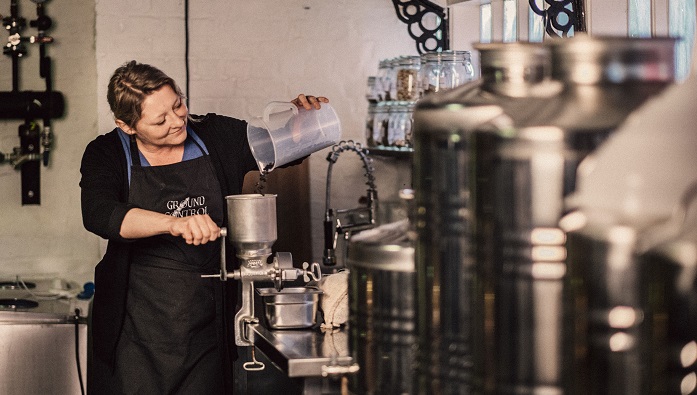
ASEAN has been key to drive growth of the European spirits exports and is likely to remain. We want an ambitious strategy for the region, in particular when others are moving to clinch major bloc to bloc trade deals (TPP, RCEP)!
We thank MEPs in the INTA Committee for the frank discussion on the future of the FTA agreement with Vietnam. We shared the frustration expressed by the Chairman, Bernd Lange on the delays over this FTA but we were glad to hear from the Commission that the famous legal scrubbing phase running for the last two years should be completed by the end of March. This means the FTA could be ratified at the next Foreign Affairs Council on trade on 22 May 2018?
This is a relief for us. MEP David Martin was fully right to say that such delays are harming the industry. The EU-Vietnam FTA provides for the full elimination of the import tariff (45% for spirits) over 7 years. It is a very good outcome but while working on the legal scrubbing, Vietnam introduced a 65% special consumption tax based on last wholesale price, which means we are in a worst situation than prior to the conclusion of the FTA at the end of 2015. We would be grateful if the Commissioner could share our concerns with the Vietnamese authorities in order to restore a fair tax environment for imported spirits.
The EU and Indonesia just concluded the fourth round of trade negotiations. With a population of nearly 250 million, and a strong tourist industry, Indonesia is a difficult but promising market for European spirits exporters.
A substantial minority of the population consume alcohol and Indonesia has a significant local production. In this context, we do not believe that the restrictions on our businesses are justifiable!
Indonesian import tariffs are extremely high in comparison to neighbouring countries across the region. The tariff on spirits is 150%. High tax rates and restrictive regulatory regime - such as the dramatically low import quotas that are completely out of touch with the reality of the market - create incentives for third parties to import alcohol through non-tax-paid channels (83% non-recorded alcohol consumption according to WHO).
While we fully acknowledge the religious sensitivities of the majority of the population and the pressure on the Government, we expect an ambitious outcome for the FTA. We expect a full elimination of import tariffs as well as the adoption of rules of origin taking into account the logistical hubs. We also look for guarantee that tariff concessions would not trigger an increase in internal taxation that would jeopardise the overall gain for our leading GIs.
If there is some space left in the briefcase of Commissioner Malmström, we would like to include another file related to Thailand. Due to the uncertain political context, EU spirits exports to Thailand remain unstable. The tax and regulatory environment for alcoholic beverages is very challenging. The discriminatory tax system has largely hindered development of international spirits market, and helped protected local players to emerge as key competitors in Thailand and in neighbouring countries. Thailand revised its excise tax system last year. It is important to ensure that Thailand eliminates the existing discrimination between imported spirits and local white spirits.